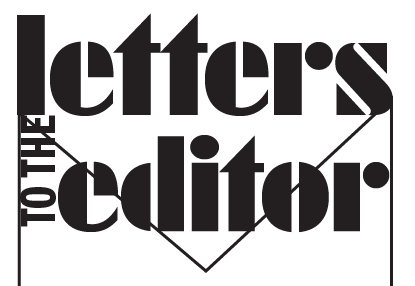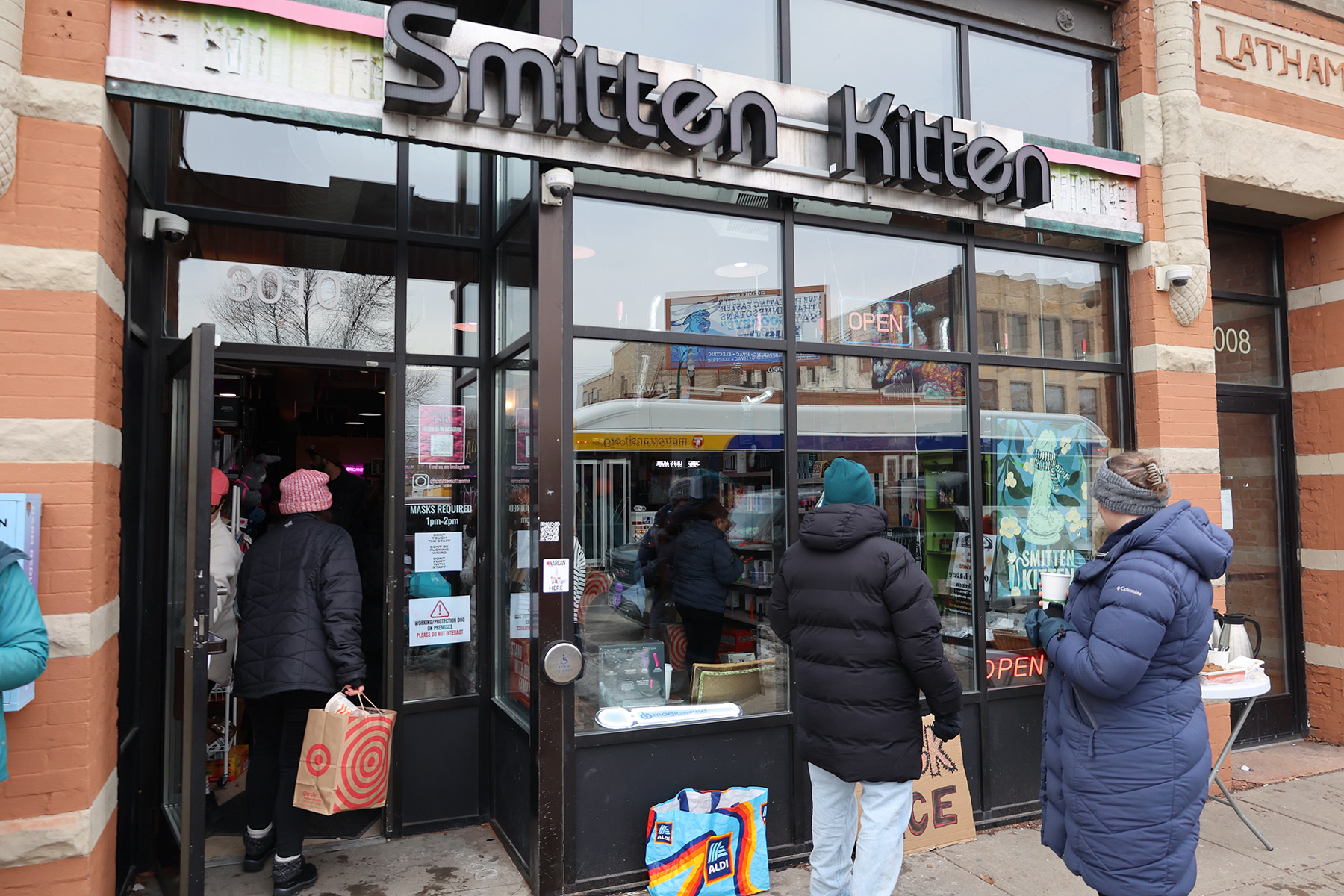About 20 neighbors gathered at the Kenwood Community Center on June 23 for an update from Minneapolis Park and Recreation Board staff on water quality and aquatic plant management at Lake of the Isles.
The meeting, hosted by Park Board Water Resources staff and District 4 Commissioner Elizabeth Shaffer, covered shallow lake ecology, aquatic plant harvesting, and the challenges of maintaining water quality while balancing recreational uses.
“It takes dedication to spend a beautiful summer afternoon learning about water quality,” said Deb Pilger, Director of Environmental Management. “We appreciate the community’s engagement and thoughtful questions.”
Aquatic Plant Harvesting Plans for 2025
The Park Board outlined its goals for aquatic plant management at Isles this summer, including two full harvesting passes of designated areas. The first pass is nearly complete, with the second planned for late July or early August.
Over the past few years, the Park Board has improved harvesting efficiency across the Chain of Lakes. This year, changes such as relocating the milfoil storage site closer to the lakes have reduced downtime and allowed for more plant removal.
To maximize effectiveness, experienced machine operators have been brought in, and harvesting began earlier in the season than usual. Better coordination between harvesters serving Bde Maka Ska and Isles is also a focus.
Challenges and Limitations
High water levels at Lake of the Isles continue to create operational challenges, limiting access to the primary offload site for harvested vegetation. The Park Board is evaluating alternative sites, though some are less efficient.
Staffing limitations also impact harvesting capacity. The Park Board is advocating for increased staffing hours and improved scheduling to better meet community expectations for water quality and recreational use.
Chemical treatments, such as herbicides for invasive species like Eurasian watermilfoil, remain prohibited under the Park Board’s Integrated Pest Management Plan. Any policy change to allow limited herbicide use would require public support and approval from the Park Board, given past opposition to chemical treatments.
Information on water quality efforts can be found in the Park Board’s Annual Water Resources Reports at: minneapolisparks.org/water_resources.






